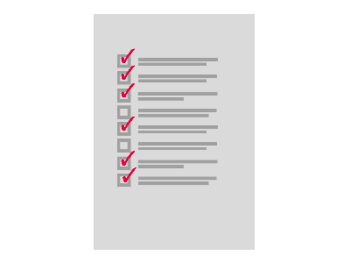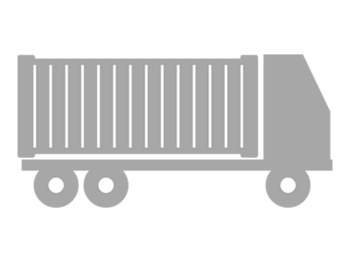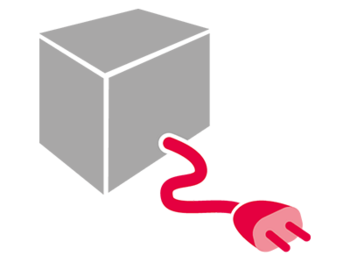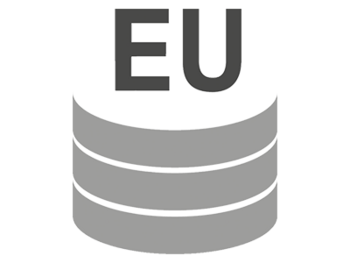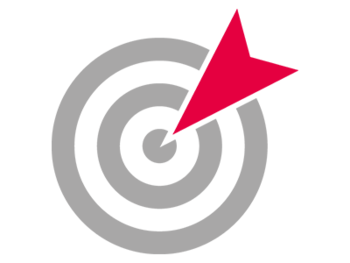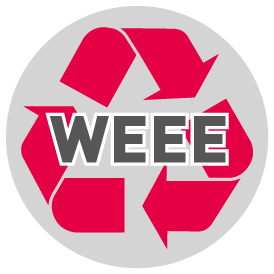 | WEEE Compliance Worldwide take-e-way offers you comprehensive solutions for WEEE compliance in 35 countries across the world. |
WEEE refers to waste electrical and electronical equipment. The WEEE Directive refers to the Waste Electrical and Electronic Equipment Directive, which is the European Community Directive 2012/19/EU on waste electrical and electronical equipment. The WEEE directive obliges the producers or distributors of such equipment to take the responsibility for the disposal of waste electrical and electronic equipment.

WEEE Registration
We offer you free consultation on WEEE and advise you in which countries you are subject to the WEEE registration obligation.
We accompany you in each step of the WEEE registration process and make sure that it is in accordance with WEEE directive.
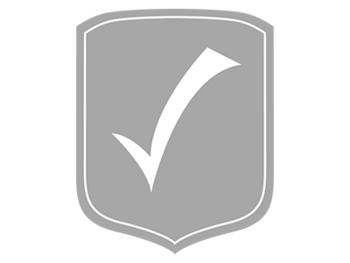
WEEE Cost Control
We guarentee you 100% predictability of WEEE costs based on our consistent and transparent pricing strategy.
As your long-term partner, we avoid intransparent extra costs and keep your business interest in mind.

Management
Our professional analysts monitor market compliance operations in real time, detect related risks for you. We manage your customer account for WEEE, packaging and batteries. We take care of all the time-consuming bureaucratic processes for you.
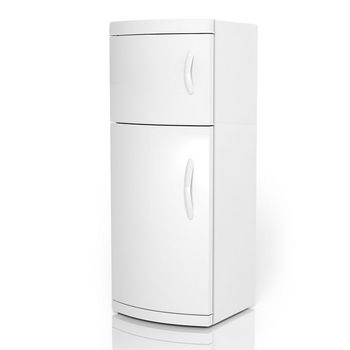
Group 1. Temperature Exchange Equipment
Temperature exchange equipment (regardless of size) is electrical and electronic equipment that has integrated circuits that use other substances than water – e.g., oils, cooling and freezing agents or secondary materials, gas – for heating/cooling or dehumidification.
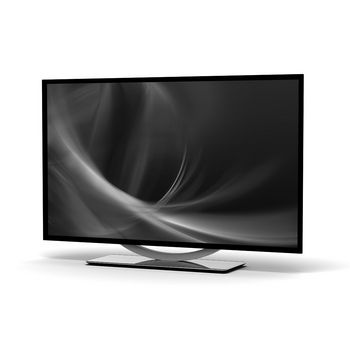
Group 2.Screens and Monitors
Screens and monitors are electrical and electronic equipment to display images and information on an electronic screen, no matter the size (or regardless of the size of the screen) of the screen. There are, also included in this category, equipment that comprises a screen with a surface of more than 100 cm2. This is only for electrical or electronic equipment that’s main purpose is to show images and information on their screens.
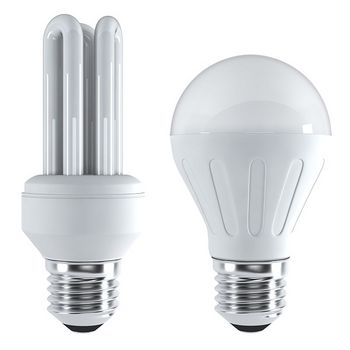
Group 3. Lamps
Lamps are equipment to create illumination (Sect. 3 No. 14 of the ElektroG). This includes lamps/illuminants as exchangeable electrical and electronic equipment that’s main purpose is use in luminaries. Lamps are mostly made from ceramic, glass, metal or plastic and have a standard base in accordance with CEI/IEC/DIN 60061-1 (e.g., with two metal pins, screw thread, two metal caps or bayonet) to allow exchanging the lamp without tools.
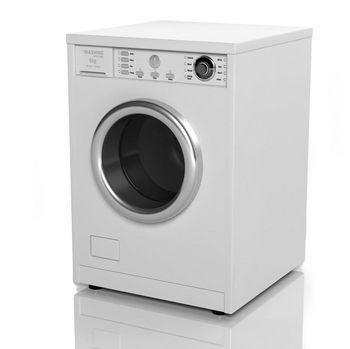
Group 4. Large Equipment
Equipment that has any external dimension longer than 50 centimeters: Electrical and electronic equipment with at least one exterior dimension longer than 50 cm but is not included in categories 1-3, since these categories are each more detailed.
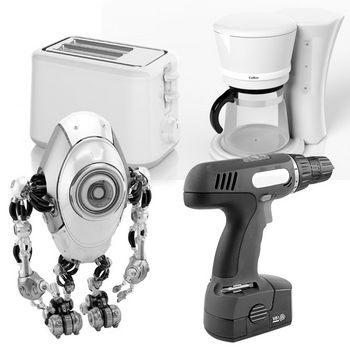
Group 5. Small Equipment
Equipment without any exterior dimensions longer than 50 centimeters: Electrical and electronic equipment which longest external measurement is less than or equal to 50 cm, but is not included in categories 1-4 or 6, since these categories are each more detailed.
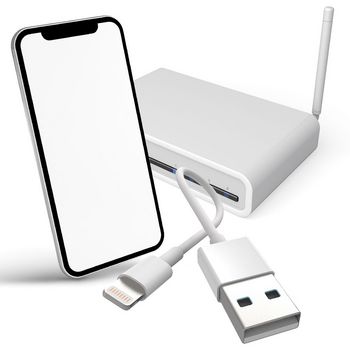
Group 6. Small IT and Telecommunication Equipment
Electrical and electronic equipment that is intended to be used to transmit, collect, store, process and show information (IT equipment) and electrical and electronic equipment used to electronically send signals – data, language and video – through space (Telecommunication equipment) which longest external measurement is less than or equal to 50 cm.

take-e-way GmbH
Schlossstr. 8 d-e
22041 Hamburg
Germany
Telefon: +49 (0) 40 / 750687 - 0
Mail: consulting@take-e-way.de
Consequences for Incorrect WEEE Registration
We help you avoid the risks of wrong WEEE registration and make sure that you sell legally compliant.

Prohibition of Sales
Prohibited from selling in relevant countries

Warnings and Fines:
A maximum fine of 100,000 euros

Confiscation:
Confiscation of current sales profits
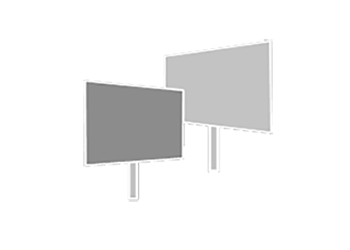
Detention:
Refusing to pay the fine can lead to detention.
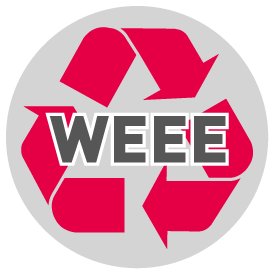
WEEE Potential Risks for Online Shops
Our experts are here to make sure of market compliance for e-commerce
prohibition of sales
E-commerce platforms require sellers of electrical and electronic products to register with the relevant authorities for WEEE. The consequence of non-registration of products may lead to the prohibition of sales.
Whistleblower
Competitors actively check on each other and if they find out that your products are not legally registered with WEEE, they can file complaints to the e-commerce platform or relevant WEEE organisation.
User Account Blockage
If the seller continues to sell electrical and electronic products despite a written reminder, the user account can be blocked or even delisted.
take-e-way offers WEEE services worldwide




































